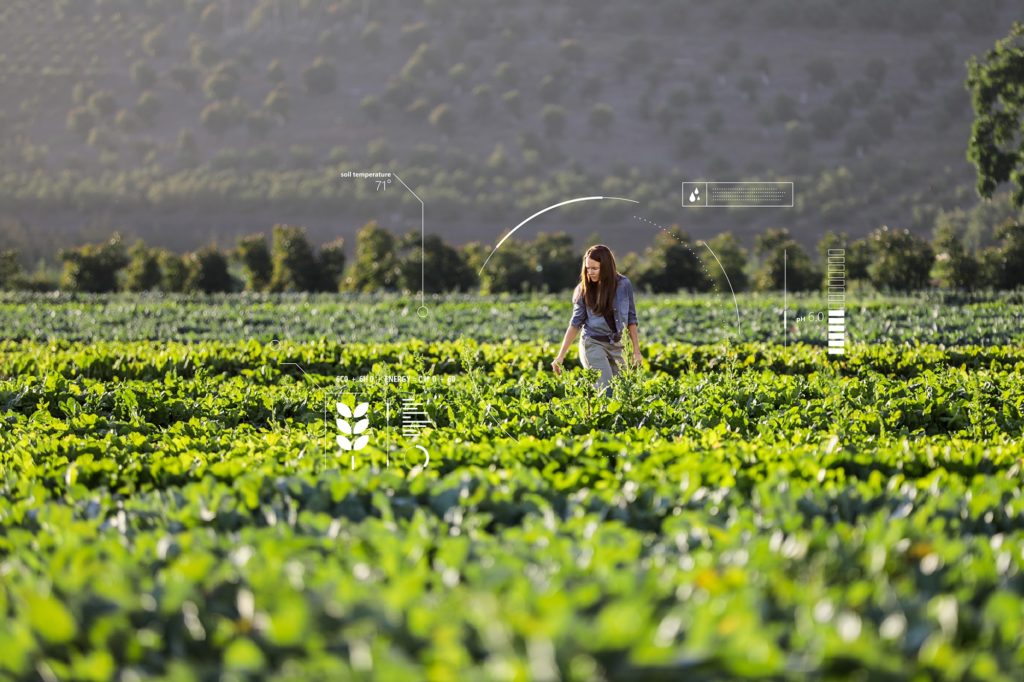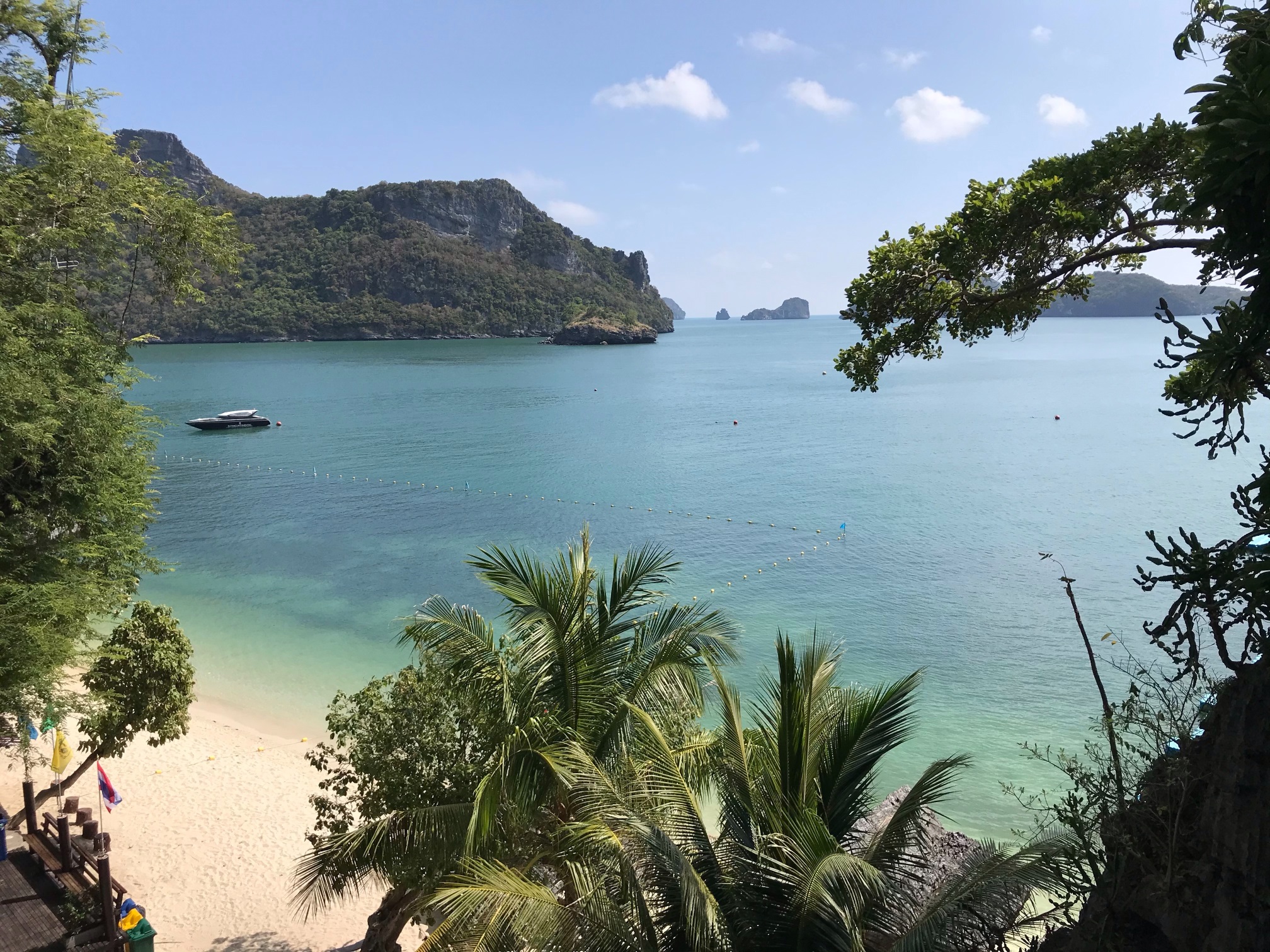Developers and researchers worldwide can submit project concepts and seek support to realize their visions of green technology
Bangkok, May 2, 2019 – Microsoft demonstrated strong leadership in artificial intelligence through its capability in driving global environmental protection with the help of AI, and highlighted the achievement of the “AI for Earth” program that has so far granted awards to more than 236 green projects in 63 countries. In its third consecutive year, the program gives the opportunity to all innovators to apply for scholarships that help make their dreams of sustainable future come true. The application process is open from today to July 9, 2019.
First launched in 2017, Microsoft’s “AI for Earth” program is aimed at harnessing the power of AI and cloud towards empowering research teams, educational institutions and environmental organizations to simulate, anticipate and monitor environment protection and management activities in a much more effective way. The program awards grants in the form of cloud computing resources on the Microsoft Azure platform to help address four critical areas: Agriculture, Biodiversity, Climate Change and Water.
“Last year, all sectors expressed widespread interest in AI technology, mainly focusing on its business benefits. Nevertheless, AI can actually offer people many more advantages,” Dhanawat Suthumpun, Managing Director of Microsoft (Thailand) Limited, said. “AI for Earth” is a global program that allows research teams, organizations and institutions around the world to submit new ideas for using technology to protect Earth and preserve the abundance of natural resources for a sustainable future for mankind and all living creatures on this planet.”
Currently, an estimated five trillion pieces of plastic, weighing more than 250,000 tons, are floating in the world’s oceans. Apart from posing hazards to sea animals, the marine debris is washed ashore and causes environmental and economic damages. The devastation can be seen from the closure of Thailand’s Maya Bay indefinitely and the Philippines’ resort island of Boracay, to allow the declining marine ecosystem to recover at the expense of economic damages. In case of Boracay, the closure in only six months caused $1.6 billions dollars loss in tourism.
In New Zealand, the charity organization Sustainable Coastlines has been working in the country and other areas in the Pacific Ocean for more than 10 years, addressing the marine pollution issue. The AI-driven platform enables the organization to develop new solutions that support all sectors to better understand the volume and trend of beach litter situation.
The Sustainable Coastlines ocean litter database was developed under the partnership with the tech firm Enlighten Designs, the Department of Conservation of New Zealand Ministry for the Environment and New Zealand Statistical Association. Microsoft Azure powers the data collection and analysing system. The AI-driven platform is an important tool as it supports advocacy groups, and the general public, who can fully access this database, to learn about the situation of waste and garbage sources on coastlines. This information can be leveraged to support other programs in cleaning and restoring the beaches.
One of the research teams supported by Microsoft’s “AI for Earth”, Sustainable Coastlines envisions using machine learning to predict litter distribution patterns and potential accumulation hot spots. The charity also plans to expand the implementation of this program in the near future outside New Zealand, starting with Hawaii and Papua New Guinea.
Green innovations from around the world
The Sustainable Coastlines’ waste database project is only one of the innovations that have grown into reality from ideas collected under the “AI for Earth” program.
Another outstanding project, Wildbook, was created by Wild Me, a US non-profit organization. The Wildbook application empowers researchers and volunteers to take part in fighting animal extinction. Powered by AI and the cloud, this platform can identify individual animals and species by skin patterns, sounds, and other individual characteristics through images and sounds captured by anyone who encounters these animals. The aggregated data in the system is used to help monitor population sizes, animal interactions, and individual movements – all helping to protect animals from extinction.

FarmBeats integrates sensor data about moisture, soil chemistry, and temperature data on plantations with aerial imagery, weather information and other relevant data to deliver advisory insights to help farmers improve their cultivation plan and maximize agricultural yield.
The “AI for Earth” initiative is now open to research teams from all over the world who wish to apply for grants throughout the year. The project accepts proposals on a rolling basis and reviews them four times a year. The deadline for the next period of application is on July 9, 2019, 13:59 hrs.
For more information on AI for Earth, visit https://www.microsoft.com/en-us/ai/ai-for-earth or apply for a grant at https://msrprograms.cloudapp.net/AI4EARTHGrants

